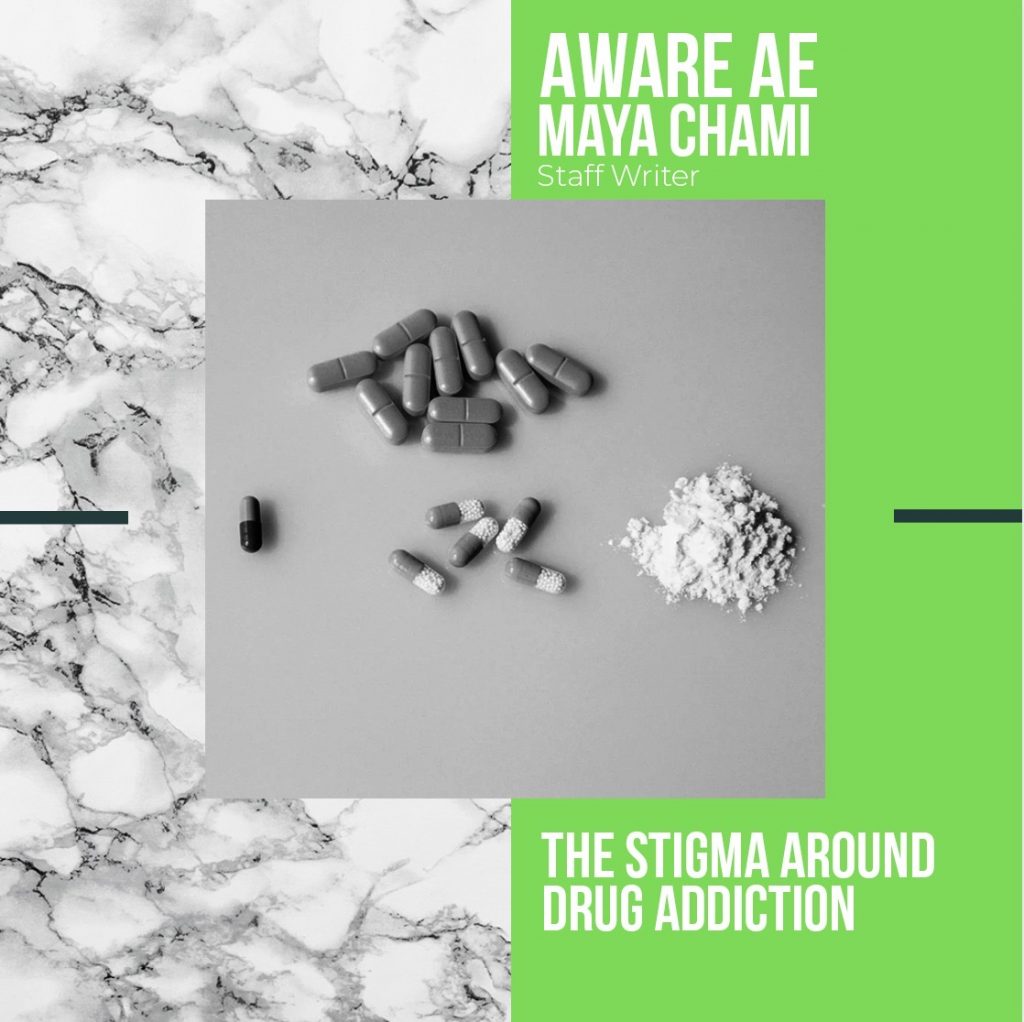Trigger warning: this article discusses drug addiction and drug abuse.
Drug addiction is a taboo in our region because it is not understood. In fact, people even refuse to understand it. This is due to the stigmatization that comes with this title; once a person has become a victim of drug abuse, he/she is automatically ostracized and placed in the label of a “bad person”. In many cases, people tend to disassociate themselves from the person who went through drug addiction, as though they have some sort of disease, when that is clearly not the case. Unfortunately, people will continue to think in this way until more awareness is raised on the issue of drug abuse and until the person who went through this is considered a victim, not an evil perpetrator who will influence people to take drugs.
I use the word “victim” because it is necessary for us to understand that, typically, the individual who went through drug addiction did not do it abruptly and “just for fun”. Oftentimes, they are forced into conditions that make them go down this road. Those include factors such as peer pressure or wanting to escape their problems. Other times, they also make the decision to try it out of curiosity or to enhance their physical functioning. That being said, this does not give us the right to judge their decisions or label them as outcasts. Furthermore, this exclusion makes it a much harder for them to get the necessary treatment they need and integrate themselves back to society, with everyone knowing what happened.
Stigma Effects on Substance Abuse Victims
To begin with, public stigma is defined as the effect that members of a society have when they spread negative labels about certain people they deem as outcasts. People who are shunned are not as likely to enjoy things in their life like a proper career, intimate relations, or even a meaningful family. Studies have shown that people who suffered from substance abuse were more likely to be blamed for their actions and for their health issues. Furthermore, they are even less likely to receive help.
Not only are people who suffered from substance abuse shunned, but also close family associated with them would be denounced. This notion is what Erving Goffman coins as “courtesy stigma”. These negative stigmas are, in fact, what lead the individual who suffered from substance abuse along with their family to keep this issue secretive. These familiestend to feel shame as a result and due to the public humiliation that would ensue if the community found out.
Countries in the Middle East are often ignoring the drug abuse problems because of the stigma surrounding it. It is considered a crime and is punishable by law in many countries in the Middle East. Not only is this problem detrimental because it increases the secretiveness of the issue, but also individuals are more likely not to admit their problem due to the fear that becomes embedded within them. This also inhibits the road to treatment and makes it harder for individuals to accept their problem.
Showing Tolerance and Respect
Having your entire life being judged on a decision (in the cases where it is a decision) gone wrong should not even be a possibility. As cliché as it sounds, people do make mistakes, and they learn from them. All stigmatization does is bring about shame, humiliation, and a label that will follow you for a long time. All it does is inhibit integration into society. All it does is make seeking treatment harder due to the fear of being caught.
Showing respect, tolerance, and acceptance is all it takes. It would be such a small adjustment compared to the damage that would be done from constant judgment.

Writing about the stigma surrounding drugs is so damn different! I really love how the points were tackled, this writer did a great job.
Kudos on your good work guys!